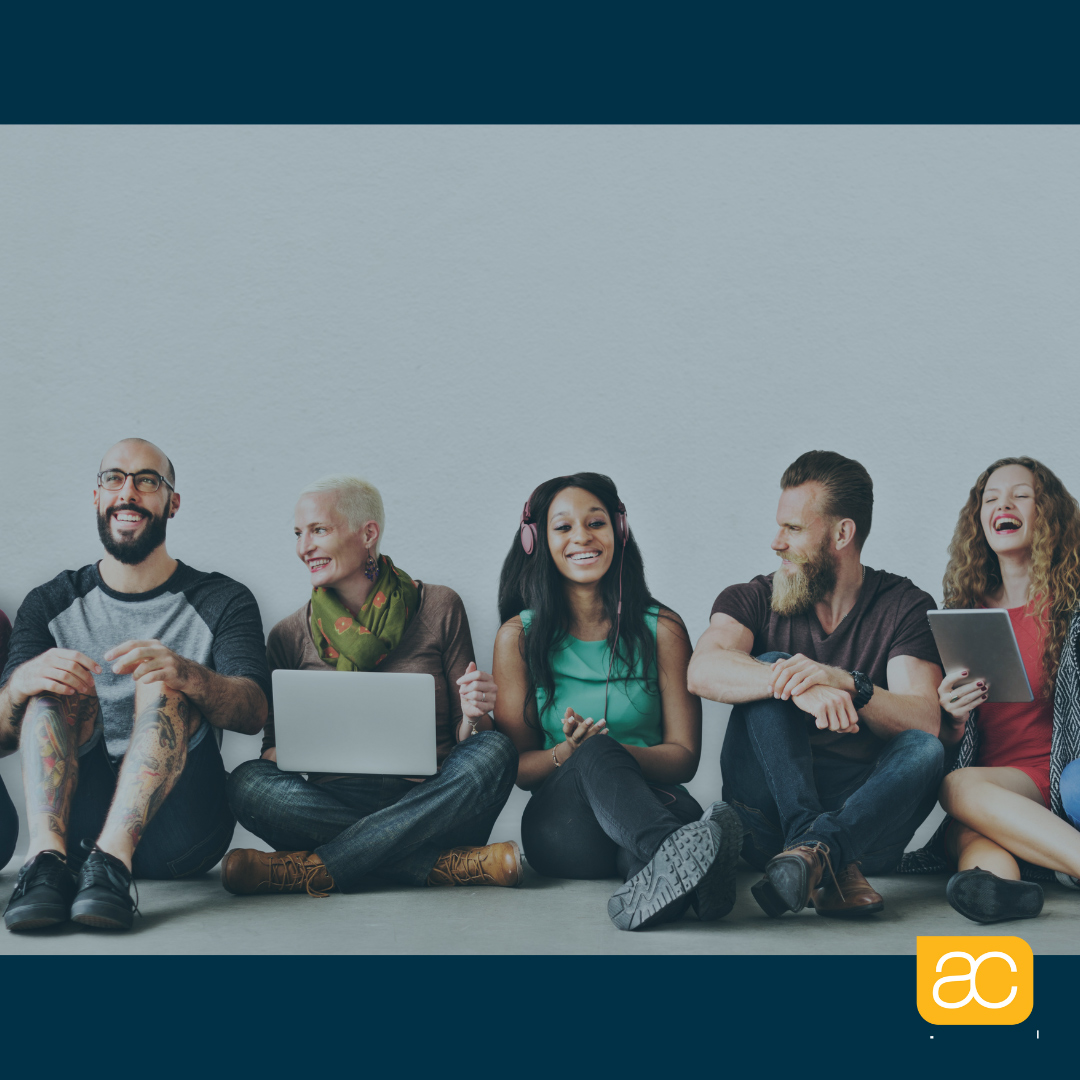
As an HR Director I used to give two pieces of advice when it came to harassment and discrimination in the workplace – ‘Treat other people the way you want to be treated yourself’ and secondly ‘Don’t do or say anything you wouldn’t want to do or say in front of your grandma’. While I still stand by my second piece of advice, over my years of working in D+I I’ve come to realise that the first one isn’t entirely accurate. While it’s a good start because everyone would like to be treated with courtesy, dignity and respect, there is more to it than just that. So here are 5 tips on how to improve relationships in the workplace:
1. Ask people how they want to be treated
As the saying goes, when you assume, you make an ass out of you and me, so don’t assume! Tennis champion Dylan Alcott laughs about people visiting his home and automatically looking for water glasses in the above bench kitchen cupboards. Since Dylan uses a wheelchair, that’s not a place that he stores anything! In the workplace, don’t assume what pronoun or suffix someone will choose to use. Don’t assume that because someone ‘looks like you’ that their views are the same as yours. Likewise, if someone doesn’t ‘look like you’, don’t assume they fit your stereotypes and assumptions about that particular group of people.
2. Greet the elephant in the room
Don’t tiptoe around and hope you don’t slip up. For example, if someone has a disability (and about 15% of us do), ask if there is anything you should know that would make things easier for them. But don’t forget lots of us also have invisible disabilities, both mental (eg dyslexia) and physical (eg arthritis). Microsoft has a vision of ‘accessibility for all’, and they take this so seriously they provide free on-line D+I training resources for everyone. These are a great way to learn more about so many D+I aspects that you might feel too embarrassed to ask about – Microsoft D+I resources.
3. The best label to use is their name
If you find yourself getting caught up in the best way to describe someone – are they a disabled person, a person with a disability, differently-abled, person with special needs, just keep it simple. The best way to refer to them, or indeed anyone, is by using their name. I don’t remember ever being referred to the Caucasian, middle-aged, cisgender woman! And if you do need to a way to refer to a particular group, don’t guess – ask.
4. The standard you walk past in the standard you accept
Just because you didn’t tell that off-joke, or exclude someone from the team coffee catch up, doesn’t mean you’re off the hook. Attend bystander training and learn how to feel comfortable in speaking up and being an ally. Even better, ask your HR team to make sure it is rolled out across the organisation.
5. Be an ally
An ally is someone who realises their advantaged position (often referred to as privilege) in a particular context and intentionally leverages that advantage to help people in less advantaged positions. Your privilege – and conversely your vulnerability – can change depending on the situation you’re in. In some spaces, your privilege gives you more power than others. That means you might be able to help in a way others can’t. Acts of allyship generally fall into one of three categories: speaking up, extending opportunities, and challenging the status quo.
We are more the same than different – everyone wants to be loved and feel valued, everyone wants to feel dignity and respect. In this respect, treating people how you would like to be treated is a good start. Remembering that everyone is an individual is even better. And if you also act like Grandma is watching how you treat others, then you are well on the way to improving relationships at work.
Written by Lisa Stockwell
Contact our expert team if you need support in bringing your diversity and inclusion strategy to action.
Our workshops include Equally Yours Diversity and Inclusion Training, which offers a unique experience that not only builds confidence and knowledge across D&I, but is also a great workshop experience for team building and leadership development, where you will take away practical tools for D&I business solutions. Register for a free demo.
View our events page which includes details of our forthcoming programs in Sydney, Melbourne and Brisbane including Developing Inclusive Leaders Workshops.
If you are looking to improve diversity and inclusion in your organisation visit our blog for some useful information and resources.
